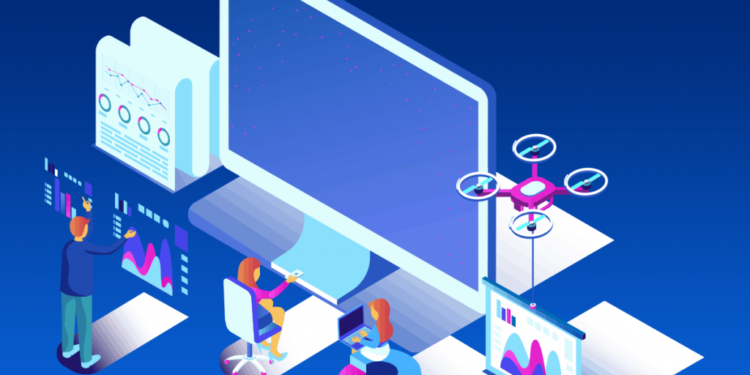Education plays a significant role in shaping the minds of young learners, preparing them to be better individuals and keep up with the world. The education sector has little been changed since the beginning, but with the development of technology, it is adopting new ways to engage tech-savvy individuals.
Today, educational institutes are embracing the changes and introducing drastic changes to the industry. With that being said, we are likely to see a better future of the educational sector. Educators of all level realise the benefits that digitisation can bring to the classroom. Institutions are no longer limited to using traditional encyclopedias and dictionaries in class, but they are taking advantage of speedy internet to research and timely answer a question.
If you post an article so visit us at https://thetinytech.com/write-for-us/
Teachers today are transforming the ways in which students used to learn, making constructive lectures and conducting better assessments through integrating technology in their classroom. Some of the trends adopted by the educational industry are:
- Use of virtual reality and augmented reality
Gone are the days when students had to take notes to clear their exams, today teachers are using VR and AR to engage the students with the subject makes learning more interactive and collaborative for the students. For example, today the doctors can use AR to explain a beginner to operate a body without actually experimenting on the body, making it more memorable for the students.
- Personalised learning
Every individual has different abilities and paces to grasp a concept. With the help of interactive applications for students, they can access lectures and information to understand a concept and catch up with the class. This is particularly convenient for people who want to continue their education while working. A good example of this is how medical professionals get their PALS certification online. They can get acquainted with mysteries of the modern world with new and improved ways and tactics to learn. With that said, digitisation of the educational sector makes education more interactive and fun for the beginner and professionals alike.
- Advanced research
Today students can simply type a simple keyword to get thousands of search results at Google. Be it a Wikipedia page or Britannica encyclopedia, it is easier to find information on any topic required. Not just that, platforms like Wikipedia encourages the young mind to contribute information through Wikipedia Page Creation Service. Easy access to information can make the educational process easier. Furthermore, students can find quality online documents such as this Applied Pathophysiology document helpful in their research. They are fortunate to have access to the best of the best from top universities around the world.
The young minds put in time and effort in researching a topic which enables young minds to be creative thinkers. They can play with words and understand various processes in a better way than ever before. Thus it can be said that technology has become an efficient tool of learning for both students and teachers alike.
- Artificial intelligence
The use of artificial intelligence in higher education has proven to be useful. Personalised learning and application of Chatbots to answer various questions can help the young minds to learn in a better way. Evaluation of a curriculum, and content or facilitating the student with online tuitions with the use of intelligent tutoring. Unlike the concept of AI taking over the jobs, it is likely to enhance the experience of the teachers and the students enabling them to work through various mediums.
- A philosophical aspect of learning
The use of technology in education is an effective change that has been working for the better of the young minds and coming generations. It is enabling the students to be able to gain knowledge which can help them to thrive in the coming times. Be it doing business in the digital world, or simply writing, it can help the individuals become masters in education at their own paces. With that being said, education doesn’t only enhance the learning process for the students, but it also helps the instructors to become better and more efficient in teaching












Can you be more specific about the content of your article? After reading it, I still have some doubts. Hope you can help me.
I don’t think the title of your article matches the content lol. Just kidding, mainly because I had some doubts after reading the article.